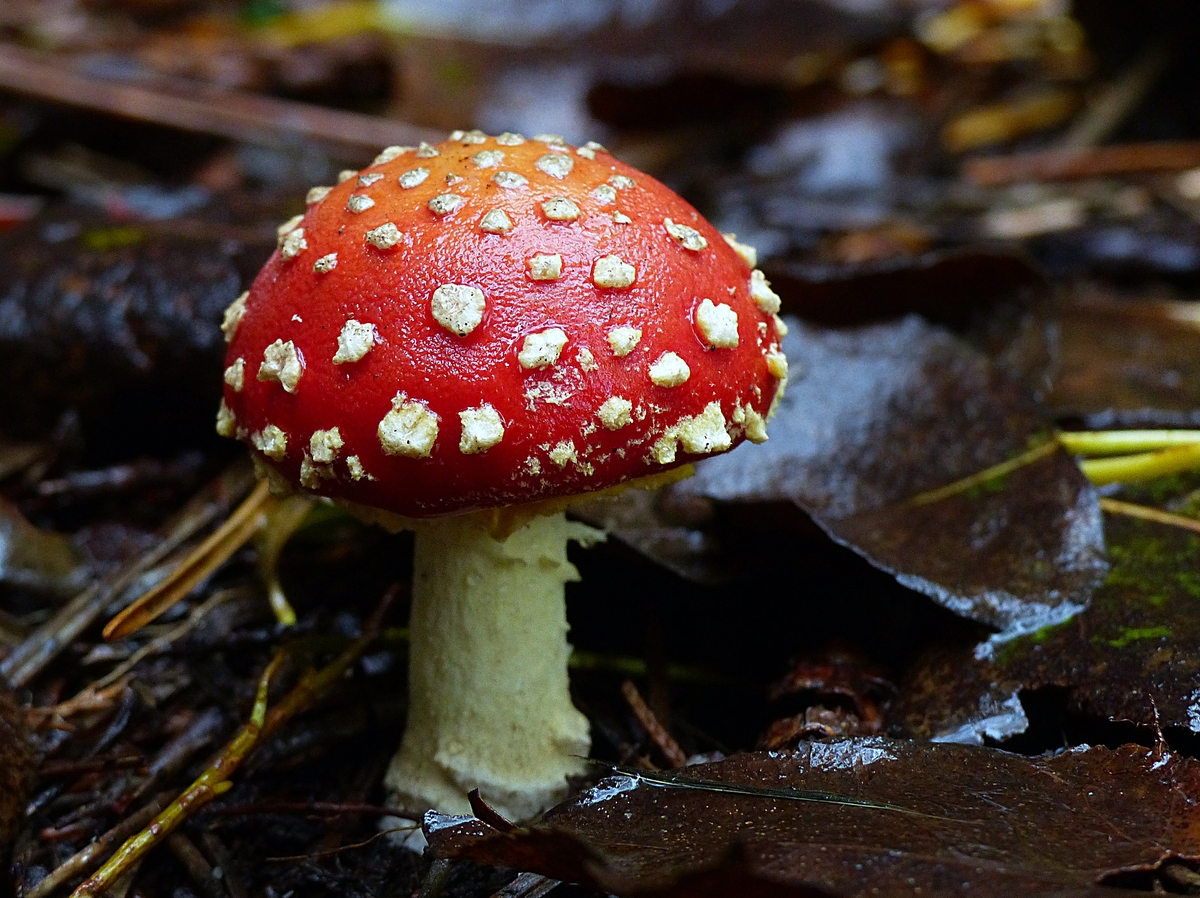On the Frontlines: Legal Advocacy, Drug Policy and Psychoactive Plants
Authors:
Constanza Sánchez Avilés, and Andrea Langlois
Book:
Infinite Perception
Year:
2024
About the study
This chapter explores the growing global expansion of practices involving psychoactive plants, such as ayahuasca, iboga, and psilocybin mushrooms, which are increasingly crossing cultural boundaries and encountering legal challenges. As these practices spread beyond their traditional territories, their classification as “drugs” under contemporary drug control systems has led to regulatory complications. This is especially true for religious groups and individuals using these plants in rituals, who often face legal uncertainty and criminalization. The chapter highlights ICEERS’ role in supporting individuals caught in legal battles, particularly through the Ayahuasca Defense Fund (ADF), which has provided legal assistance in several cases and engaged with criminal cases across many countries.
Abstract
Over the course of our first official year, the ADF team engaged with over 40 in-depth legal queries and we also worked with 20 criminal cases in 11 countries. Since we embarked on this journey, there have been many lessons learned about what happens when traditionally-used psychoactive plants meet the criminal justice and drug control systems. This chapter is a short overview of some of our experience with litigation and provides an overview of trends that we have observed along the way with regards legal prosecution and policy development around psychoactive plants.
Photo by Rawpixel.
Categories:
Studies & papers
, Drug policies
Tags:
legality
, ayahuasca
, scientific research
, study
, drug policy
, psychedelics
, psychoactive plants
, hallucinogens
, legal advocacy

